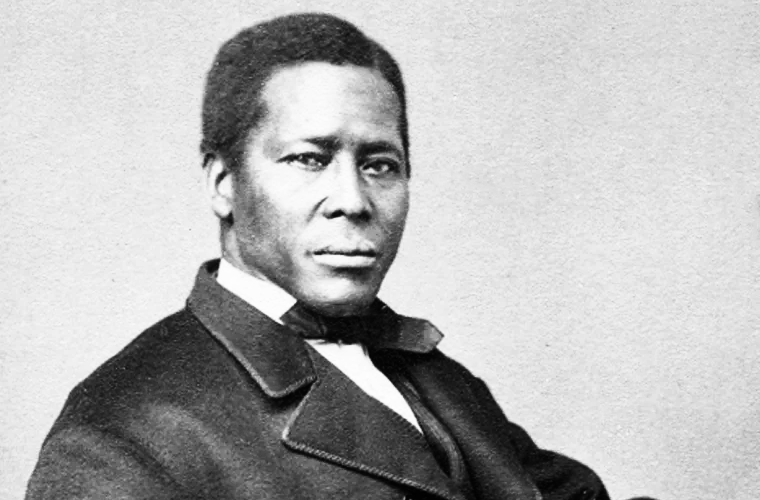William Still (1821–1902), born in Shamong, New Jersey, was the youngest of 18 children of Levin and Charity Still, a family who rebuilt their lives in freedom after escaping slavery. His family’s story of separation and resilience, including the loss and later reunion with his brother Peter after forty years in bondage, shaped William’s lifelong fight for justice.
In Philadelphia, Still became secretary of the Pennsylvania Anti-Slavery Society and a key leader of the Underground Railroad. He documented the stories of freedom seekers such as Harriet Tubman, Henry “Box” Brown, and William and Ellen Craft, preserving their voices in his 1872 landmark book The Underground Railroad. During the Civil War, he supported Black troops at Camp William Penn and later fought to desegregate Philadelphia streetcars, helping secure a statewide ban on segregation in public transportation in 1867.
A successful businessman, devoted husband, and father, Still raised four college-educated children, including Caroline Still, the third African American female physician in the United States. At his death in 1902, he was remembered as the “Father of the Underground Railroad,” honored for ensuring that the true history of African American freedom seekers was recorded and celebrated.
New Jersey Student Learning Standards:
- 6.1.8.CivicsHR.4.a: Examine sources from a variety of perspectives to describe efforts to reform education, women’s rights, slavery, and other issues during the Antebellum period.
- 6.1.8.HistoryCC.4.b: Explain the growing resistance to slavery and New Jersey’s role in the
Underground Railroad.
Curriculum
- 2 Sections
- 2 Lessons
- Lifetime
- Stage 11
- Stage 21










